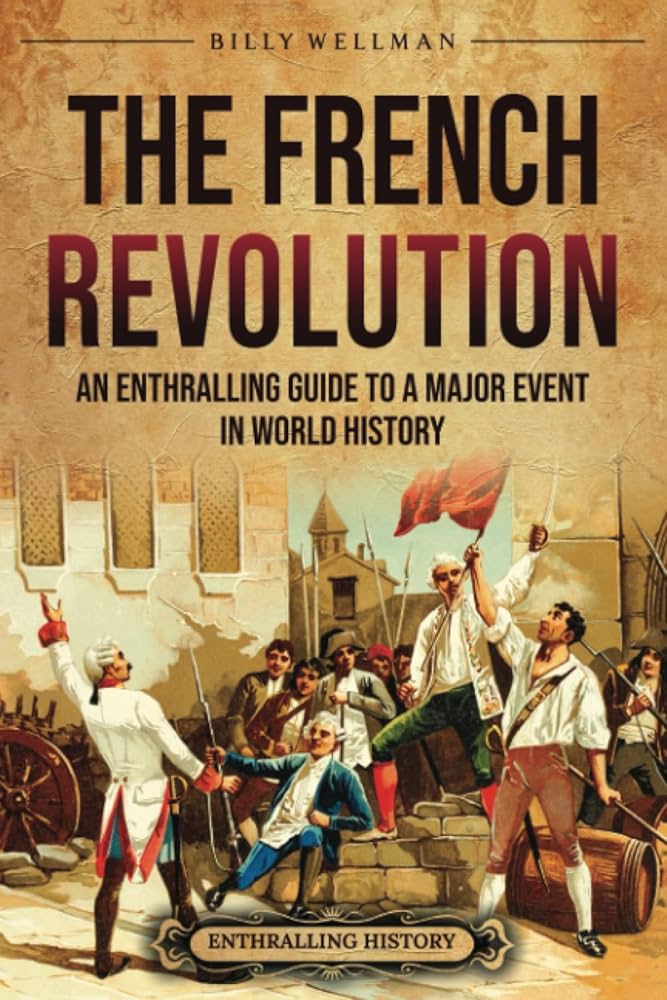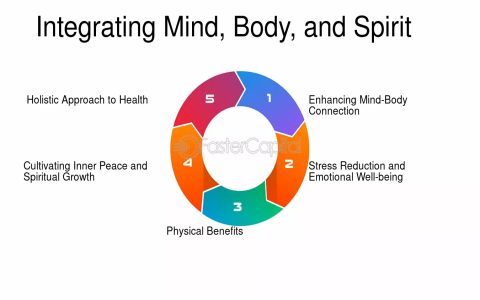Alright, so I wanted to really get my head around the French Revolution. You hear bits and pieces, right? Marie Antoinette, "let them eat cake" (which she probably never said, by the way), the guillotine... a whole lot of drama. But I felt like I was missing the actual story, the real meat of it.
So, I started digging. My first stop, like everyone else, was probably just typing "best books French Revolution" into a search bar. And man, what a mess. You get lists as long as your arm, from super dense academic stuff that would put an insomniac to sleep, to stuff that felt like it was written for kids. It was a bit much, to be honest.
My First Stumbles
I grabbed a couple that looked promising from the library. One was huge, like a doorstep. Seriously thick. I got about fifty pages in, and my eyes were glazing over. It was all names and dates and factions, and I just couldn't keep track. It felt like homework, not something I was doing for, you know, actual understanding or enjoyment. Another one I tried was really opinionated. Like, the author clearly had their heroes and villains picked out from page one, and it felt less like history and more like a lecture.

I was about ready to just give up and watch a documentary, but then I thought, no, there have to be some books out there that actually tell the story in a way that makes sense, without being boring or overly biased.
Finding Some Gems
So, I changed my approach. I started looking at reviews more carefully, trying to find comments from people who sounded like me – just regular folks wanting to learn. I also asked around a bit, you know, in online forums and stuff. That’s when I started to get some better leads.
Here’s what I landed on that actually worked for me:
- Citizens: A Chronicle of the French Revolution by Simon Schama. Now, this one is a beast, I won't lie. It's long. But the thing about Schama is he writes like a novelist. It’s incredibly vivid. He really paints a picture of the chaos, the excitement, the sheer terror. It wasn't always an easy read because of the detail, but it made the whole period come alive. I felt like I was there, which is pretty cool. You definitely get a sense of the personalities involved, not just dry facts. I had to take it in chunks, but it was worth it.
- The Oxford History of the French Revolution by William Doyle. Okay, this one is more on the academic side than Schama, but it’s super clear and well-organized. After the more narrative style of Schama, Doyle helped me put all the pieces together logically. It lays out the causes, the events, the consequences, in a way that just clicked for me. It felt like the bedrock, the foundation I needed. If Schama was the technicolor movie, Doyle was the clear, concise map that showed me how everything connected.
- The Days of the French Revolution by Christopher Hibbert. This one was a bit different. It’s more focused on the day-to-day events, the big moments as they happened. It’s really readable and moves at a good pace. After the depth of the other two, Hibbert felt like a good way to sort of relive the key moments without getting bogged down. It’s great for understanding the sequence of events and the atmosphere of specific turning points.
What I Learned (About Books, Anyway)
What I figured out is that there's no single "best" book for everyone. It depends on what you're looking for. Some people want all the academic details, some people want a ripping story. For me, a mix was good. Starting with something super dense almost put me off entirely.
My advice? Don't be afraid to drop a book if it's not working for you. There are plenty out there. And maybe try to find a couple of different styles, like a good narrative one and a more straightforward historical account. It helped me get a much rounder picture of such a massive, complicated event. It took a bit of trial and error, but I got there in the end, and I actually feel like I understand the French Revolution now, or at least, a lot more than I did before.













